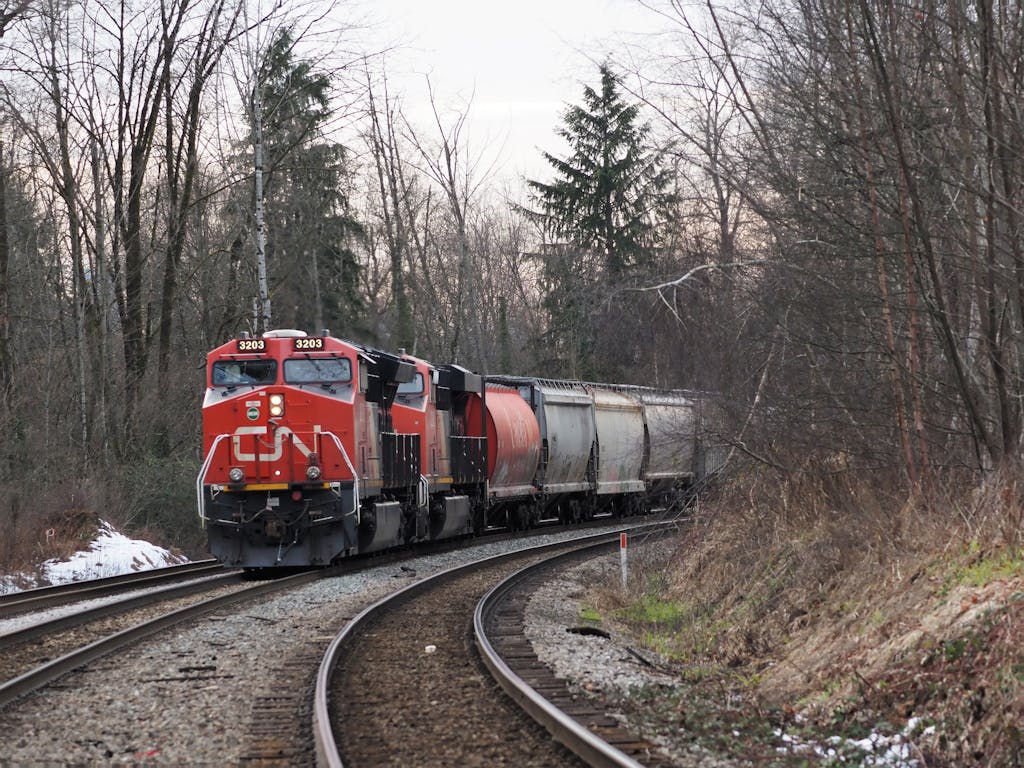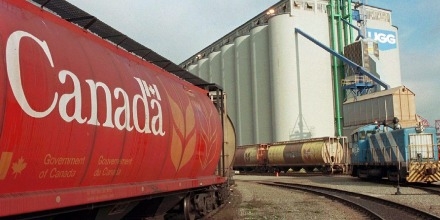Two farm groups are calling on the federal government, CPKC and CN Rail, and the Teamsters Canada Rail Conference (TCRC) that represents workers at both railways, to do whatever it takes to prevent a national strike from happening.
The Wheat Growers and Agricultural Producers Association of Saskatchewan (APAS) are concerned about job action occurring right before harvest.
Currently, the Canadian Industrial Relations Board is reviewing whether a strike could have safety implications, at the request of former Labour Minister Seamus O’Regan, who stepped down recently as he is not seeking re-election, and Steven MacKinnon took over the role on July 19th. The Board expected to render a decision on Friday, August 9th, and the TCRC cannot walk off the job until that board makes a decision. The stumbling blocks in negotiations between the union and railway companies are wages, crew scheduling, hours of work, and fatigue management.
In a news release, the Wheat Growers were critical of former Minister O’Regan’s handling of the issue. “It is unbelievable how naive the previous Minister was, allowing a possible strike to occur during the prairie harvest. We hope that the new Minister understands that farmers depend on grain movement at harvest to get paid at delivery which helps offset harvest costs and inputs for the year. The complacency of the federal government on this file is putting farmer’s financial viability at risk,” said Daryl Fransoo, Saskatchewan Director of the Wheat Growers. Fransoo believes MacKinnon has every tool at his disposal to resolve the issue before it starts.
“I don’t think he has to wait for the CIRB announcement to come out or their recommendations. He could tell them to both go into a room today and let’s get this over with,” Fransoo said. “Going into harvest time with the unknown that there might be a strike is not good for farmers.”
The Vice-President of APAS Bill Prybylski says a strike at anytime of the year is not good, as it could result in a backlog.
“A few days we could recover from it, but if there’s going to be any extended work stoppages it may very well turn into something similar to 2013-14, we’re certainly hoping not, but I guess it remains to be seen, and we all know that the 2013-14 winter was a terrible movement for producers trying to get some grain moved, so we definitely don’t want to see a repeat of that.” said Prybylski.
In their own news release, APAS said Western Canadian producers lost $6.7-billion as a result of the shipping disruptions in 2013-14.
From an international perspective, Fransoo says customers rely on “just in time delivery” and any strike may not only hurt Canada’s reputation as a reliable supplier and force countries to look elsewhere, but it would also take a long time to regain trust.
“They say for every week that they lose it takes three weeks for them to ramp back up, so if a strike or anything occurs in August or September, it’s going to have a major impact on the fall shipping season.”
The Wheat Growers have written to former Minister O’Regan on two ocassions – April 24th and May 22nd – and Fransoo said they got a reply from the office of the Labour Minister, acknowledging the urgency.
Prybylski said APAS has also done its fair share of writing to the federal government, specifically to the Ministers of Agriculture, Transportation, and Labour.
APAS and the Wheat Growers are cautiously optimistic that MacKinnon can act swiftly on this issue.



